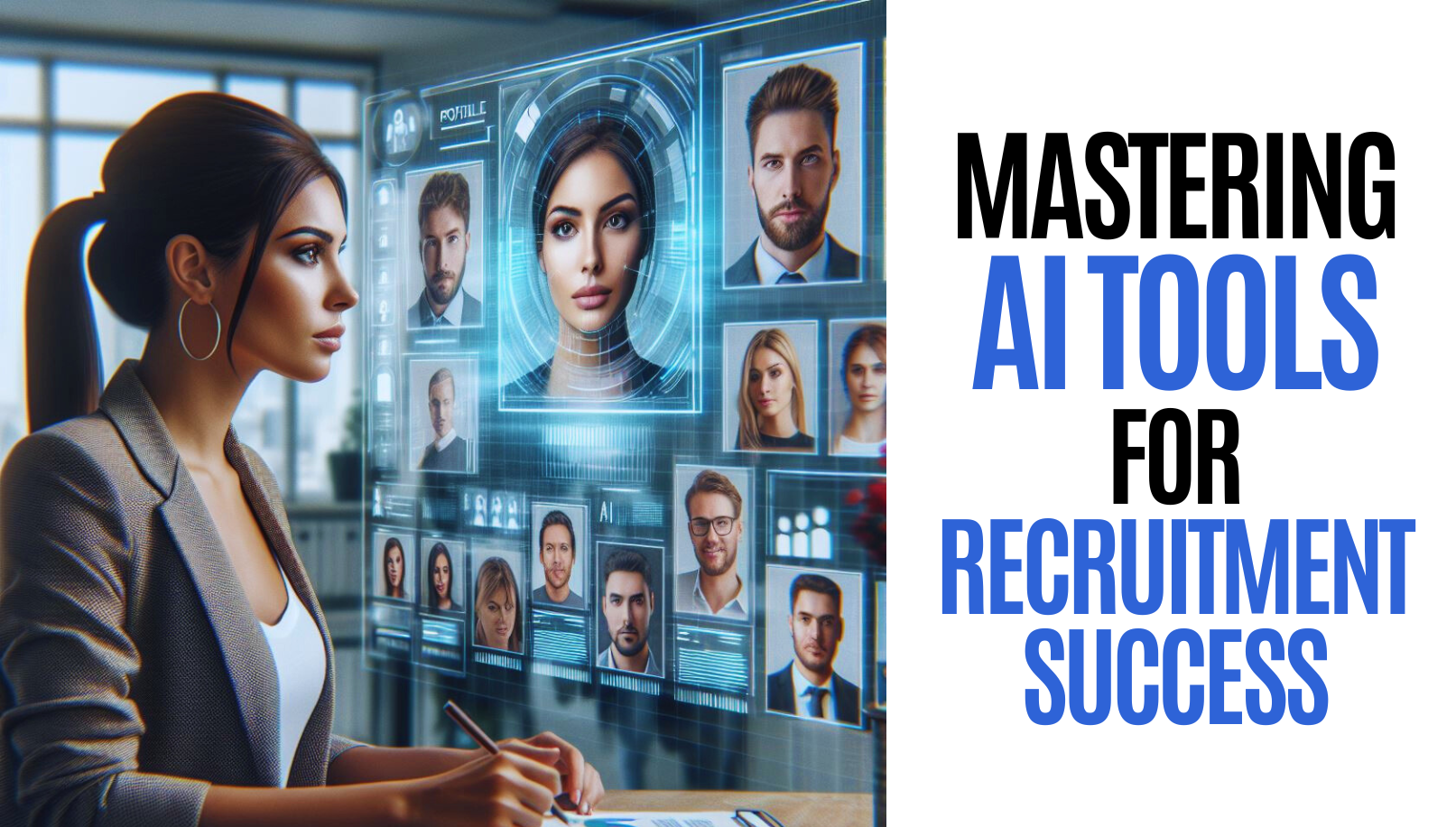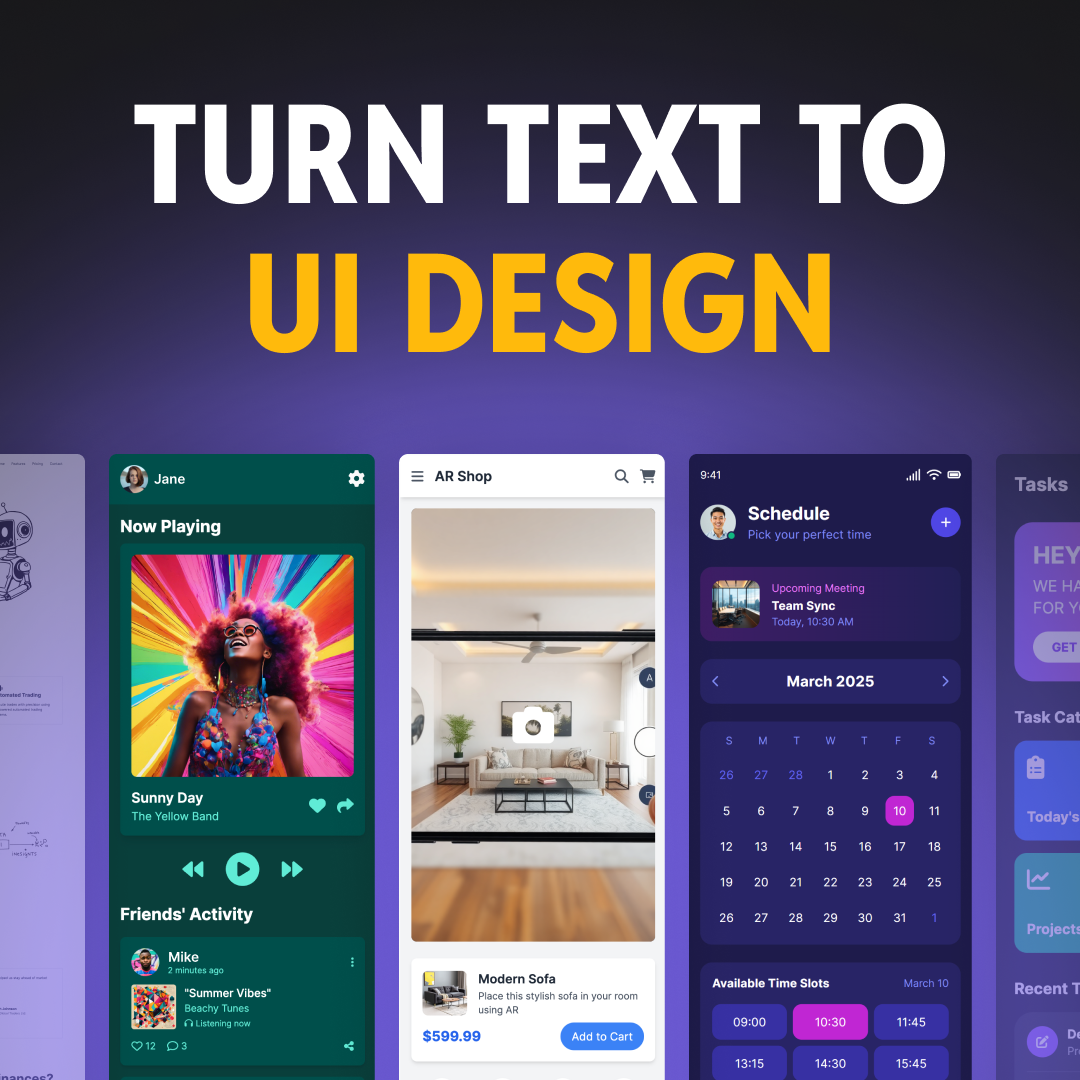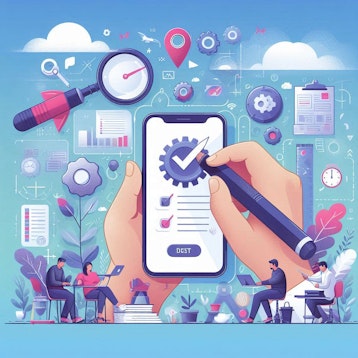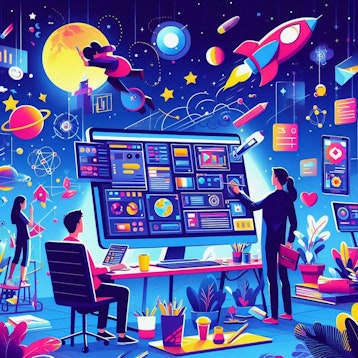The Rise of AI in Recruitment
Ever pondered the profound impact of artificial intelligence (AI) on the world of recruitment?
In today's rapidly changing landscape, AI isn't just a buzzword; it's a powerful force reshaping the way we discover, engage, and secure top talent. The realm of hiring has shifted dramatically from traditional methods to AI-driven strategies. This transformation is fueled by AI's remarkable capacity to dissect immense data sets, revealing insights that were once beyond our grasp.
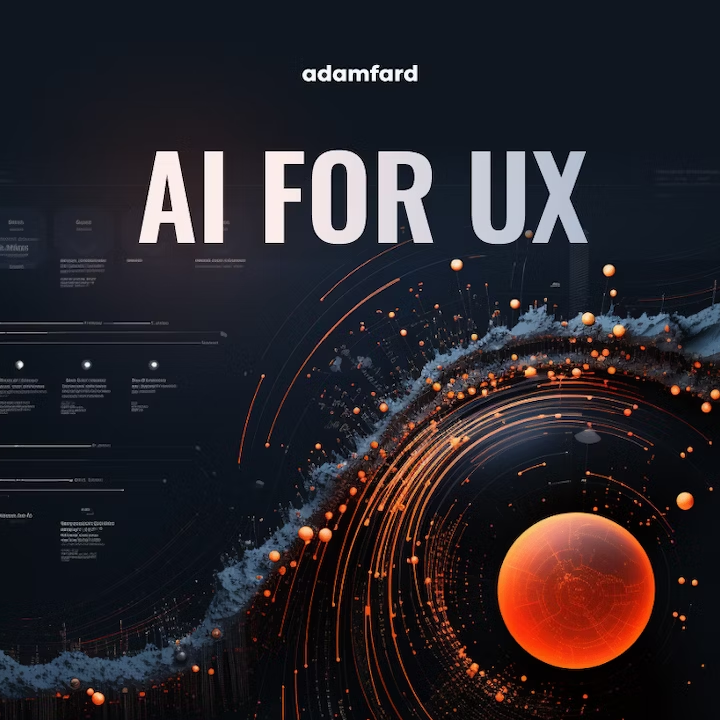
The Ultimate Guide for UX Designers
The only ebook you'll ever need to master AI for UX design.
Get 30% Off TodayWhy Employers Need to Adopt AI Tools
Adopting AI in recruitment is no longer a luxury but a necessity for employers. In a competitive job market, AI tools offer a significant edge. They streamline the hiring process, reduce biases, and enhance the overall efficiency of talent acquisition.
Employers using AI benefit from more accurate candidate matching, faster screening processes, and predictive analytics that forecast hiring needs. This technology empowers businesses to make data-driven decisions, leading to a more effective and innovative workforce.
This introduction sets the stage for a detailed exploration of AI's impact on recruitment, emphasizing the need for businesses to embrace these tools in today's tech-driven world.
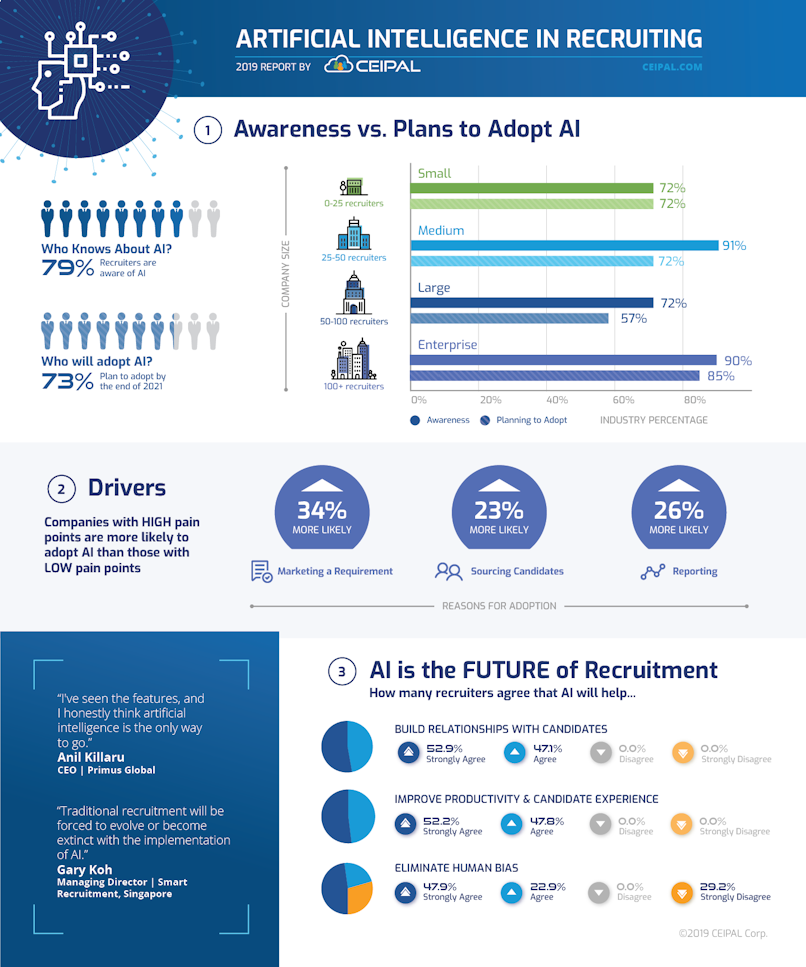
10 Best AI Tools for Recruiting
Are you an employer looking to supercharge your recruitment process with AI technology?
We’ve researched for you the best 10 AI tools reshaping the landscape of talent acquisition. These innovative solutions offer a range of features designed to streamline your hiring process, from automating routine tasks to harnessing powerful data analytics for smarter decision-making. Stay ahead in the competitive world of recruiting with these top 10 AI recruitment tools.
Turing: Turing stands out as a pioneering platform in tech talent acquisition. It intelligently matches organizations with top-notch engineers and tech experts globally. Employing sophisticated algorithms, Turing excels in vetting talent and filling tech roles efficiently and swiftly, making it a top choice for tech-focused organizations.
Features:
Extensive tech talent database.
Intelligent matching algorithms.
Quick hiring process within days.
Global reach for diverse tech professionals.
Streamlined vetting and hiring workflows.
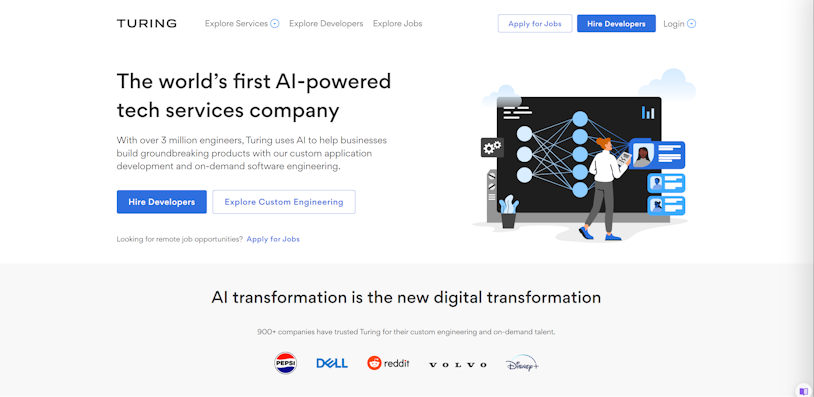
2. Humanly.io: Humanly.io enhances candidate interactions and is particularly effective in large-scale hiring scenarios. Its unique AI-driven chat interactions and interview assistance tools make it a standout choice for organizations looking to streamline their recruitment process and improve candidate engagement.
Features:
Automated chat interactions for engagement.
AI-powered interview assistance.
Seamless ATS integration.
Efficient large-scale recruitment processes.
Enhances candidate experience with AI-driven insights.
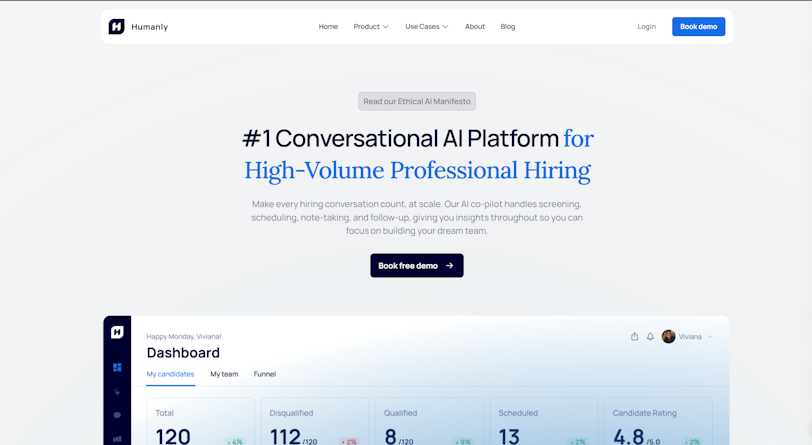
3. BreezyHR: BreezyHR offers a comprehensive, AI-powered HR and recruiting solution, featuring capabilities that facilitate rapid candidate assessment and efficient pipeline management. Its user-friendly interface and integration with a broad range of job boards make it a favorite among recruiters seeking a multifaceted recruitment tool.
Features:
AI-powered Candidate Match Score.
Visual pipeline for candidate tracking.
Automation and collaboration tools.
Broad job board integration.
Mobile app for on-the-go recruitment management.
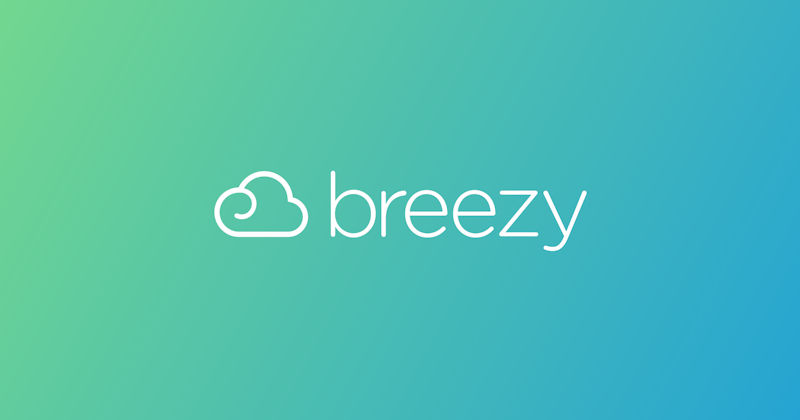
4. JobAdder: JobAdder excels as an AI-driven recruiting software that simplifies the hiring process for both recruiters and HR teams. Its intelligent skill matching and efficient workflow automation make it a valuable asset for sourcing top talent and optimizing recruitment strategies.
Features:
Intelligent skill-matching algorithms.
AI-driven candidate sourcing.
Seamless integration with over 200 job boards.
User-friendly interface with automated workflows.
Real-time data insights for strategic hiring.
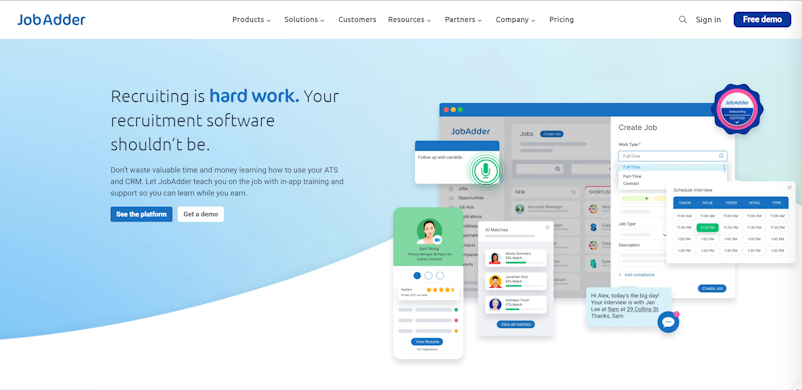
5. Clara: Clara serves as an innovative, AI-powered appointment facilitator, streamlining interview organization. Its integration with calendars emails and automated notifications ensures efficient coordination and communication in the interview scheduling process.
Features:
AI-driven interview scheduling.
Seamless calendar and email integration.
Automated notifications and confirmations.
Streamlines interview process.
Enhances communication with candidates.
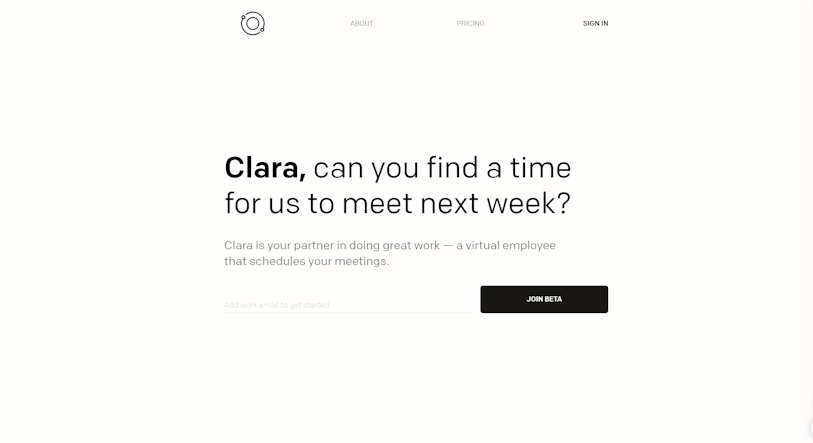
6. Clovers: Clovers shines as an efficient AI tool for rapid resume screening and candidate searches. It is designed to expedite the recruitment process, allowing recruiters to narrow down applicant lists to the most suitable candidates quickly.
Features:
AI-powered resume screening.
Efficient keyword-based candidate searches.
Reduces hiring time significantly.
Simplifies candidate evaluation process.
Integrates with existing recruitment workflows.
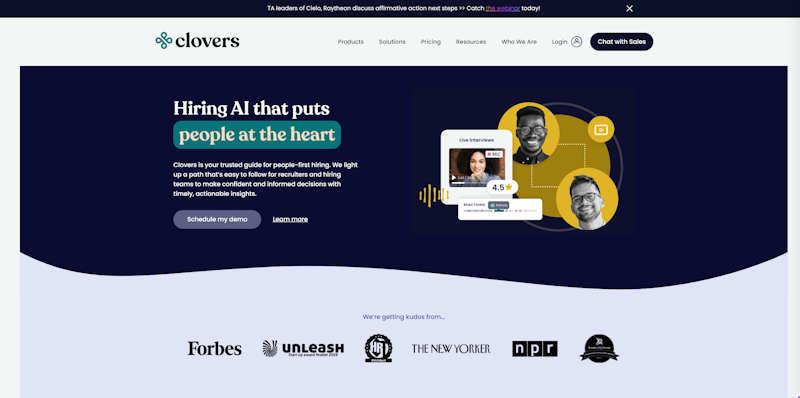
7. HireVue: HireVue is known for its AI-driven recruitment platform, which utilizes advanced job-matching technology and text-based conversations. This platform significantly shortens the recruitment cycle, enhancing candidate identification and engagement through its integration with various video conferencing platforms.
Features:
AI-driven conversational interfaces.
Advanced job matching technology.
Speeds up recruitment by 4 times.
Integrates with video conferencing platforms.
Enhances candidate engagement and conversion rates.
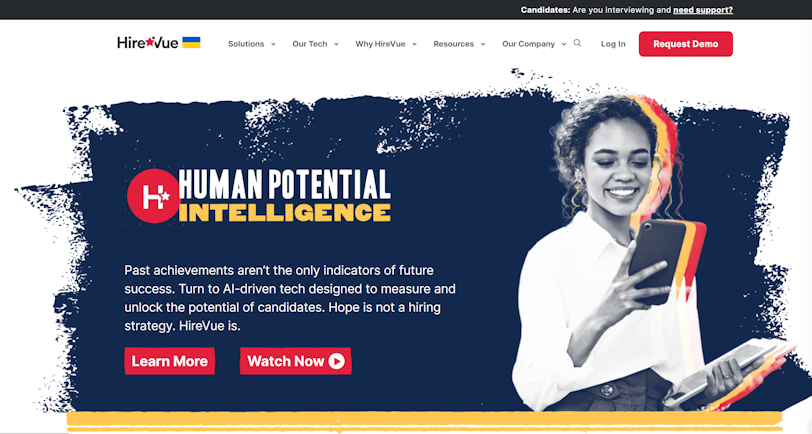
8. SmartRecruiters: SmartRecruiters leverages AI to enhance the overall recruitment process, specializing in matching candidates with job opportunities and automating resume screening. Its user-friendly interface makes it an attractive option for streamlining recruitment workflows.
Features:
AI-based candidate matching.
Automates resume screening.
Integrates with Applicant Tracking Systems.
Improves overall recruitment efficiency.
Provides a user-friendly recruitment interface.
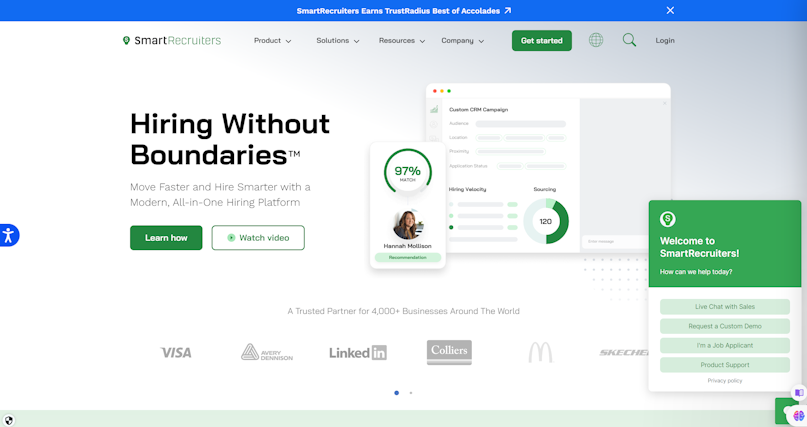
9. Hireez: Hireez is an AI-powered recruiting platform, that assists recruiters in efficient sourcing, resume screening, and candidate tracking. It focuses on enhancing the recruitment process with machine learning, simplifying finding, and engaging the best candidates.
Features:
Machine learning-driven candidate sourcing.
Efficient resume screening capabilities.
Comprehensive candidate tracking.
Enhances overall recruitment efficiency.
Streamlines the hiring process with AI technology.
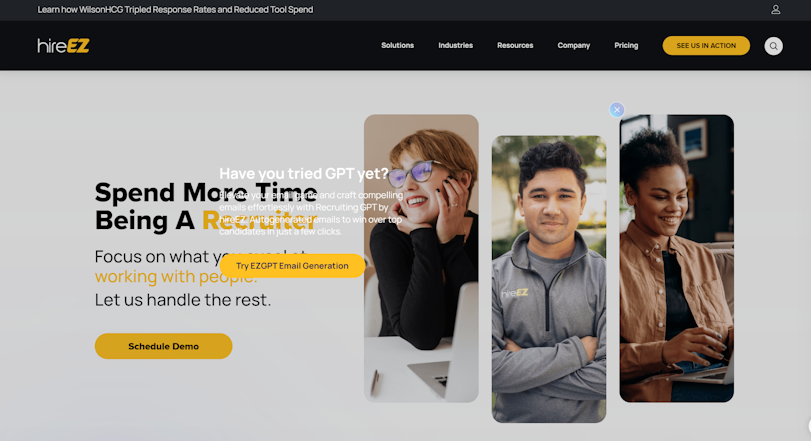
10. Phenom People: Phenom People is renowned for its AI-driven communication with candidates and a responsive chatbot. It streamlines candidate engagement, offering instant support and enhancing the overall candidate experience, making it a valuable tool in the recruitment technology landscape.
Features:
Personalized AI communication with candidates.
AI-powered chatbot for immediate assistance.
Streamlines candidate engagement.
Enhances candidate experience.
Integrates with recruitment platforms for comprehensive support.
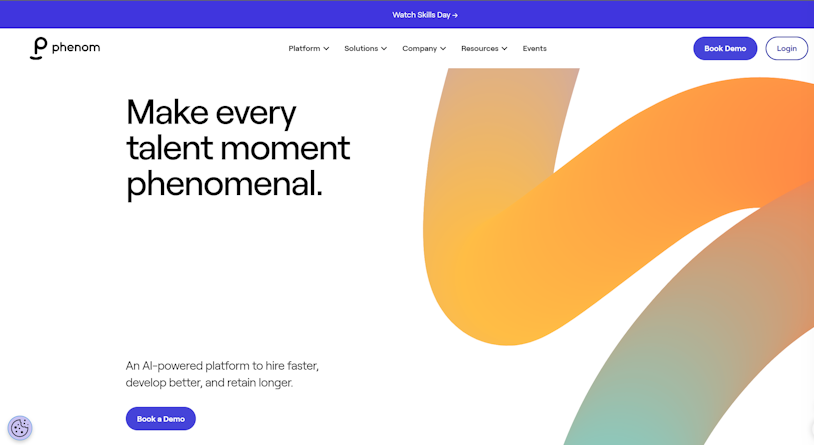
Each tool in this list has been carefully selected to offer unique features and benefits that address different aspects of the recruitment process, ensuring a comprehensive and efficient hiring experience in 2023.
How to Implement AI in your Hiring Process
Incorporating AI into your hiring process is more than a trend; it's a strategic shift transforming talent acquisition. This simple step-by-step guide will explore the implementation of AI in recruitment, ensuring your organization remains at the forefront of this innovative approach.
7 Practical Steps To Integration AI into Your Recruitment Process
Analyze Current Recruitment Processes: Begin by comprehensively evaluating your existing hiring strategies. Identify the stages where AI can bring efficiency, such as resume screening or candidate communication. Understanding your current challenges will help you pinpoint the most beneficial AI applications.
Select the Right AI Tools: Research and choose AI tools that best fit your recruitment needs. Consider factors like the tool’s ability to scale, its feature set, and how well it integrates with your current systems. Look for tools that offer both robust functionality and user-friendly interfaces.
Educate Your Team: Training your HR team is crucial. Ensure they understand the nuances of the selected AI tool, including its capabilities and limitations. This step is vital for maximizing the benefits of AI in your recruitment process.
Integration with Existing Systems: Integrating the AI tool with your existing HR management and ERP systems is key. This integration should be seamless, ensuring data flows smoothly between systems and enhances your recruitment workflow.
Pilot Testing: Implement a pilot program to test the AI tool in a controlled environment. Monitor its performance closely, paying attention to both its strengths and areas needing improvement.
Adjust and Refine Based on Feedback: Use the insights gained from the pilot test to fine-tune the AI tool. This step might involve tweaking its settings, altering its integration points, or providing additional training to your team.
Full Implementation and Ongoing Monitoring: Once optimized, roll out the AI tool across your hiring processes. Continuously monitor its performance, gather feedback from users, and be prepared to make further adjustments as necessary. Regular assessment and updates will ensure the AI tool remains a valuable asset in your recruitment arsenal.
Best Practices for Using AI in Recruitment
Data-Driven Decision Making: Harness AI for informed decision-making based on comprehensive data analysis. This ensures more accurate matching of candidates with job requirements and improves overall recruitment quality.
Mitigate Bias: Actively identify and address biases inherent in AI algorithms. Regularly audit and update your AI systems to ensure fairness and diversity in your recruitment process.
Enhancing Candidate Experience: Use AI tools to streamline the recruitment process, making it more efficient and enjoyable for candidates. This includes faster response times, personalized communication, and a more engaging application process.
Regular Performance Evaluation: Continually assess the effectiveness of AI tools in your recruitment strategy. Gather feedback, analyze recruitment metrics, and make adjustments to optimize the AI's performance.
Staying Updated: Keep up with the latest AI advancements and trends. Regularly update your AI tools and strategies to leverage new features and capabilities, ensuring your recruitment process stays innovative and effective.
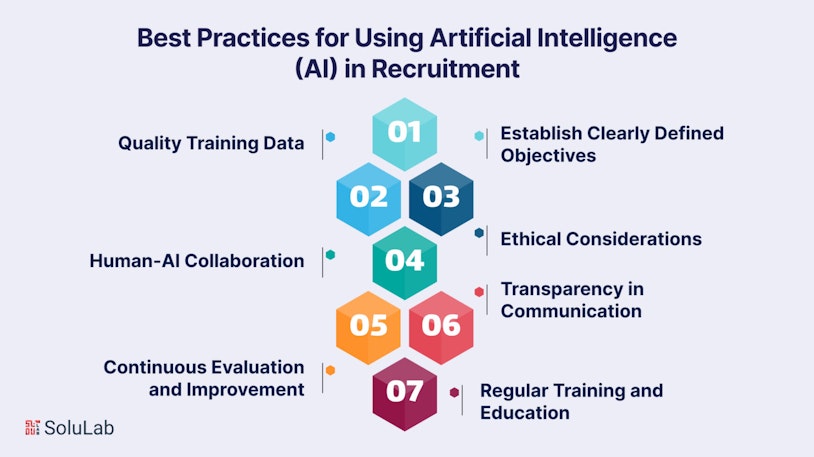
Navigating the Challenges and Ethical Considerations of AI in the Recruitment Process
Common Concerns of AI in the Recruitment Process
Data Privacy: Ensuring candidate data is protected and managed in line with data protection regulations is crucial. AI tools should comply with laws like GDPR, ensuring confidentiality and security of personal information.
Bias in Algorithms: AI systems can inadvertently perpetuate biases if not properly checked. Regular audits are essential to identify and correct biases based on gender, ethnicity, or background.
Transparency in AI Use: Candidates should be informed about the AI's role in their assessment. Clear communication about how AI influences decisions can foster trust.
Balancing AI and Human Judgment: While AI streamlines processes, human insight remains vital. It's important to balance technological efficiency with human empathy and understanding in final decision-making.
Legal Compliance: AI tools must adhere to employment laws and anti-discrimination regulations. Ensuring legal compliance avoids potential litigation and fosters an equitable hiring environment.
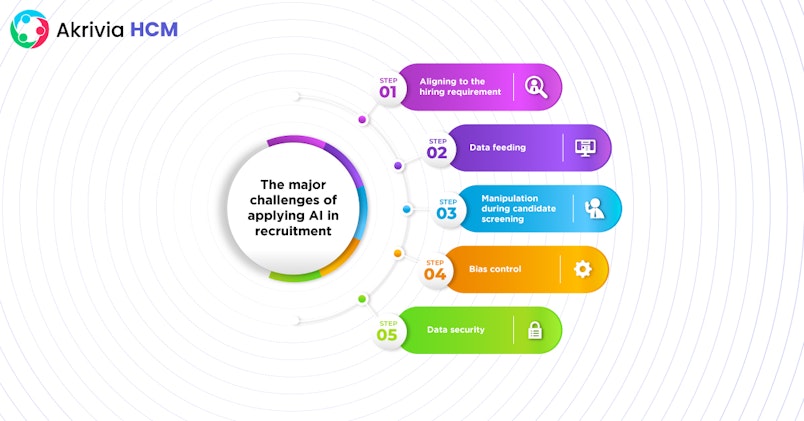
Ensuring Fair and Responsible AI Use
Conducting Regular Algorithm Audits: Periodic reviews of AI systems can prevent bias and inaccuracies, ensuring fair candidate evaluation.
Incorporating Human Oversight: AI decisions should be supplemented with human judgment, especially in nuanced or complex cases.
Educating HR Teams: Training in ethical AI usage and awareness of potential biases empowers teams to use AI responsibly.
Establishing Ethical AI Guidelines: Creating a set of ethical standards for AI use in recruitment ensures consistent, fair treatment of candidates.
Implementing Candidate Feedback Mechanisms: Allowing candidates to provide feedback on their AI interaction improves the system and enhances the candidate experience.
For a better deep-dive on ensuring fair and responsible use of AI in the recruitment process, this article by Google AI is worth reading.
5 Future Trends and Predictions of AI in Recruiting
The future of AI in recruiting is dynamic and promising, with advancements poised to revolutionize the field further. Here are 5 changes to anticipate:
Enhanced Candidate Matching: AI's predictive capabilities will become more nuanced, leading to even more precise candidate-job matching.
Augmented Human Decision-Making: AI will increasingly support, rather than replace, human judgment, offering deeper insights while retaining the irreplaceable human touch in recruitment.
Ethical AI Development: A greater emphasis on developing unbiased, ethical AI tools will ensure fairness and diversity in recruitment processes.
Real-time Workforce Analytics: Upcoming AI recruiting tools will offer instant workforce analytics, enabling quick adaptation to market trends and strategic needs.
Integration with Emerging Technologies: Expect AI to integrate seamlessly with other evolving technologies like virtual reality for immersive candidate experiences.
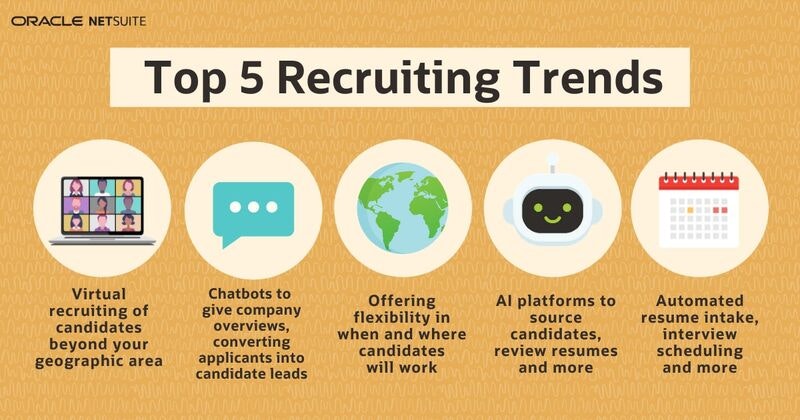
Conclusion: Final Thoughts for Employers
For employers, embracing AI in recruitment is not just about staying ahead in the technological race; it's about leveraging these tools to build more diverse, efficient, and effective recruitment strategies. As AI continues to evolve, staying informed and adaptable will be key.
Employers should prioritize ethical AI practices, foster transparency, and maintain a balance between technology and human insight to enhance their hiring processes and contribute positively to the broader narrative of AI in the workplace.

